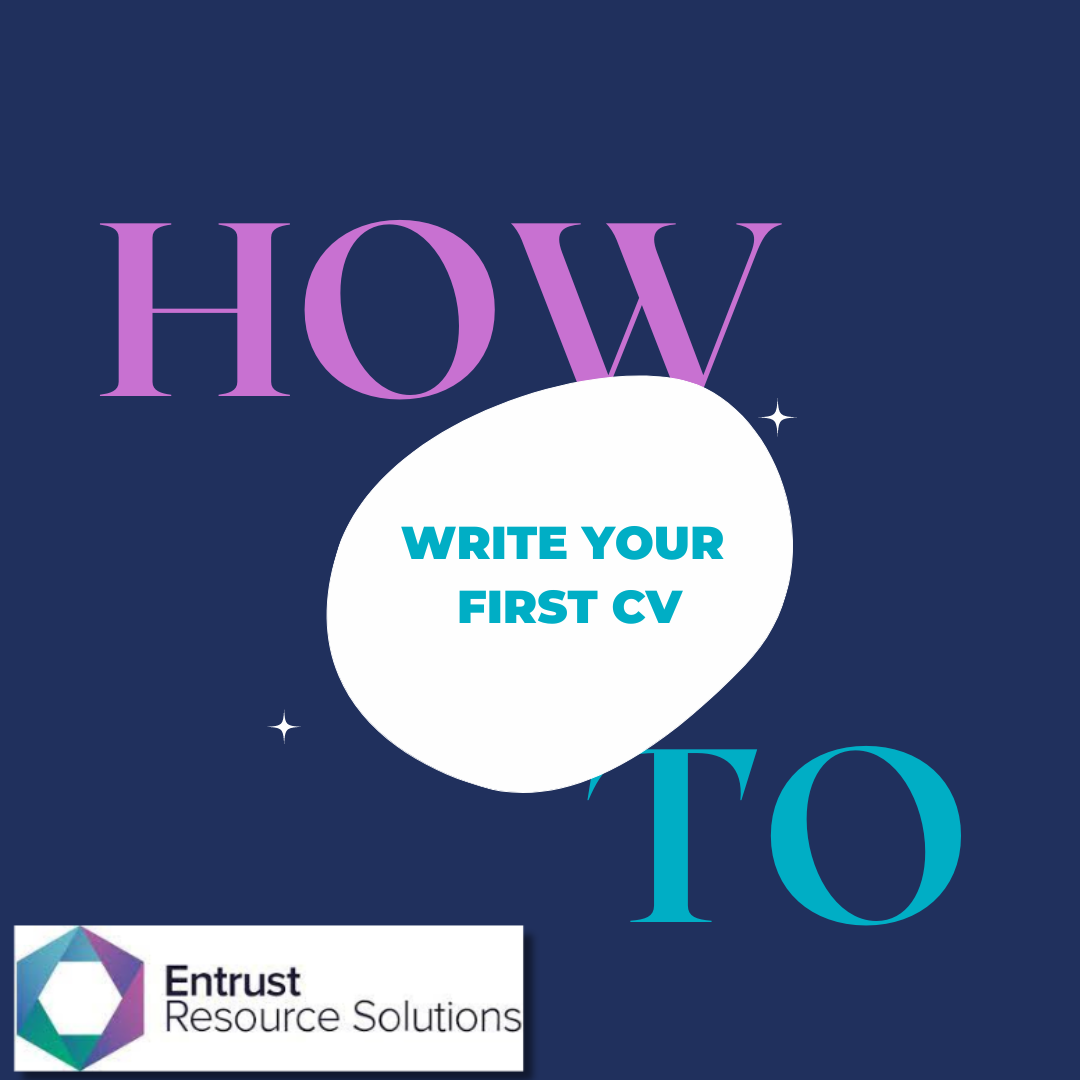The Scottish Life Sciences Market: A Hotbed of Innovation and Growth The Scottish life sciences sector is experiencing an unprecedented boom in innovation & growth, cementing its position as a leader in the field. This rapid growth was a key theme at the recent Scottish Life Sciences Association Summer Party,…
Master Your Job Search – Crafting Your First CV

Mastering the Art of Crafting Your First CV: A Comprehensive Guide
For some people writing a CV can be daunting, some may have gone their whole career without writing one and then after a change in career find themselves needing to produce something to take their next career step. We are here to help you master crafting your first CV.
A Curriculum Vitae (CV) is a fundamental tool in your job application arsenal. It doesn’t merely chronicle your educational background and work experience; it encapsulates your professional narrative, highlighting your skills and accomplishments to prospective employers. Through this blog post, we aim to demystify the process of CV writing, particularly for first-time CV authors. We understand the challenges and aim to help you master this art, transforming the daunting task into an expression of your professional potential.
Understanding the CV
A CV is not just a career biography; it is your professional passport. While similar to a resume, a CV is typically more detailed and is used primarily when applying for jobs and internships within academic, education, scientific, or research fields. It emphasises education, scholarly achievements, and research experience. Over the years, CV formats and styles have evolved to reflect modern preferences and technological advancements, yet the core purpose remains the same: to present a person’s qualifications and experiences in a way that resonates with employers and leads to a job interview.
Preparing to Write Your CV
Self-assessment forms the bedrock of a well-crafted CV. Start by scrutinising your competences, achievements, and work history; every piece of your professional puzzle. Pin down your career goals to align your CV’s narrative accordingly. Then, roll up your sleeves and plunge into research. Dissect industry-specific CV frameworks and devour job descriptions to distil keywords and sought-after skills. Your findings will lay the groundwork for a CV that hits the mark with precision.
Structuring Your CV
Choosing the appropriate CV format sets the stage for your information presentation. Whether chronological, skills-based, or a blend of the two, select a layout that best showcases your qualifications. Pepper your CV with essential elements, including personal details, statement, education, and work history. Added sections like hobbies and references can provide a window into your persona. The optional inclusions depend on their relevancy and contribution to your professional brand. Keep your story accurate and pertinent to your unique strengths.
Writing Your CV
Dive into the content with your full name and contact details, keeping your inclusion criteria selective for privacy. A personal statement, succinct yet powerful, should echo your aspirations and underscore your singular value addition. List your educational milestones, integrating projects or coursework that signal your expertise. Work experiences should be brought alive using kinetic verbs and, where feasible, tangible accomplishments to create impact.
Your skills take the spotlight tailored to the job prerequisites—a harmonious blend of technical and interpersonal prowess. Celebrate your achievements, whether scholarly or extracurricular, if they fortify your narrative. Hobbies portray your multidimensionality, so include them judiciously. Close with references, either stated or available upon request, from veritable sources that commend your professional calibre.
Formatting Your CV
Giving form to your content is no less crucial. Cling to clean layouts, judicious white space, and legible typefaces to guarantee the reader’s ease. Consistency is your ally, as is brevity; keep your CV crisp without skimping on substance. Templates can be handy instruments, but ensure they complement rather than overshadow your content.
Finalising Your CV
Dot the i’s and cross the t’s by proofreading meticulously. Solicit feedback to polish your document to perfection. Tailor your CV to echo the tones of your various applications, ensuring it traverses applicant tracking systems smoothly with keyword optimisation.
Common CV Mistakes to Avoid
Beware of cluttering your CV with irrelevant particulars, hyperbole and keyword neglect. Guard against sloppy format which can derail the most eloquent of contents.
Whilst we appreciate that everyone forms their own opinions on CVs, the basics are the same, hopefully this guide can help. If you want to discuss crafting your first CV with our team, get in touch and they will be sure to help you with whatever you need. Make sure to check out some of the free CV building services out there too, Barclays life skills is a great example to start with!
Latest Updates
We recently shared an article on our recruitment process here at Entrust, and a large part of that process revolves around preparing candidates for their face-to-face job interviews. While your CV may have got you in the room…